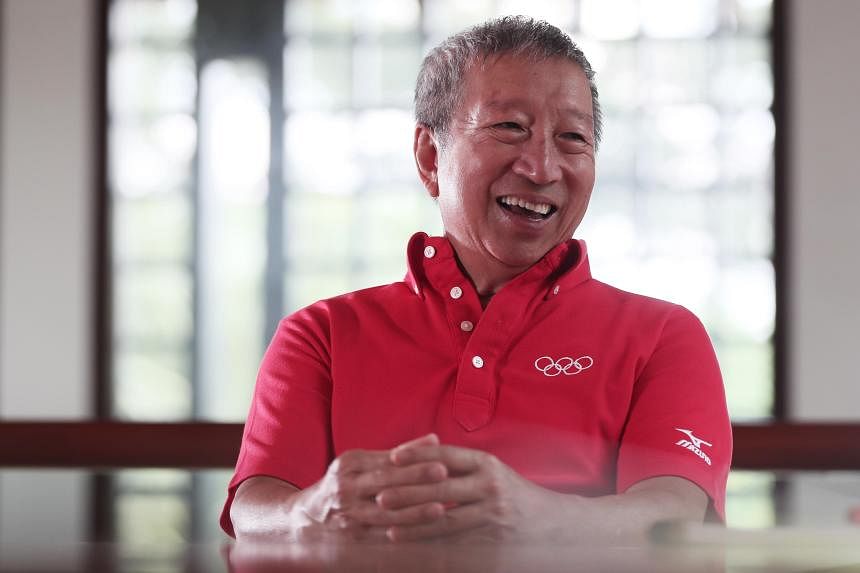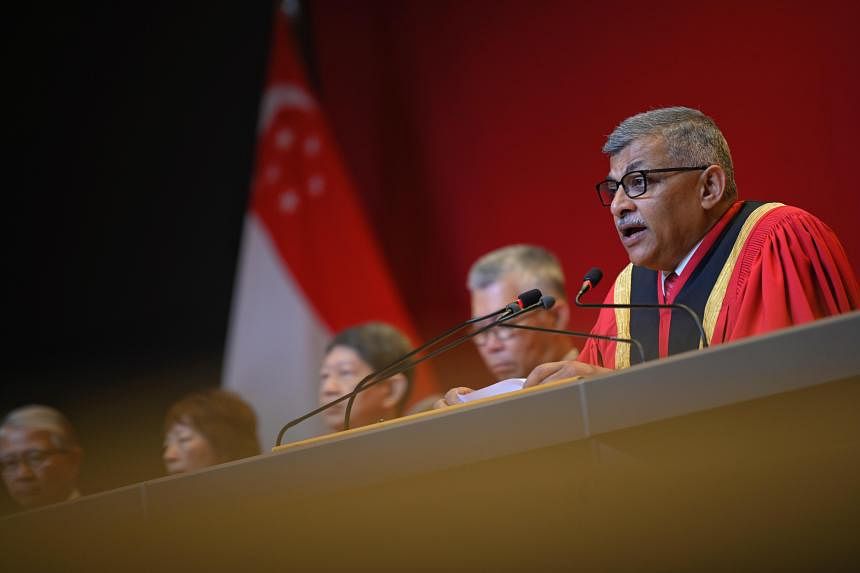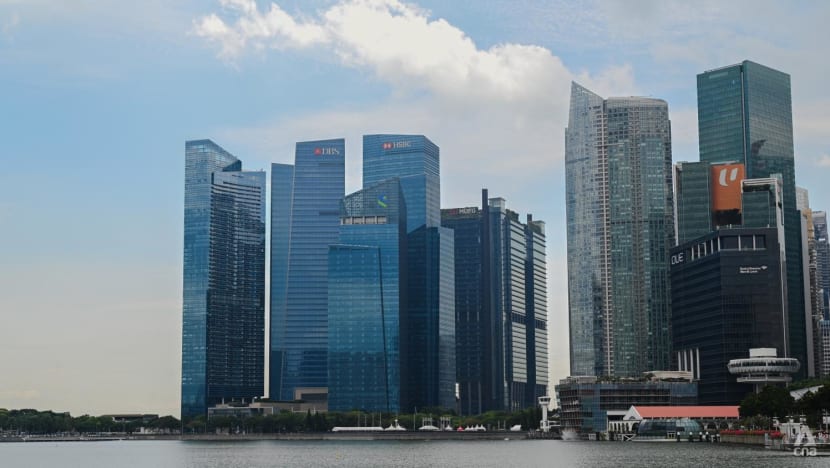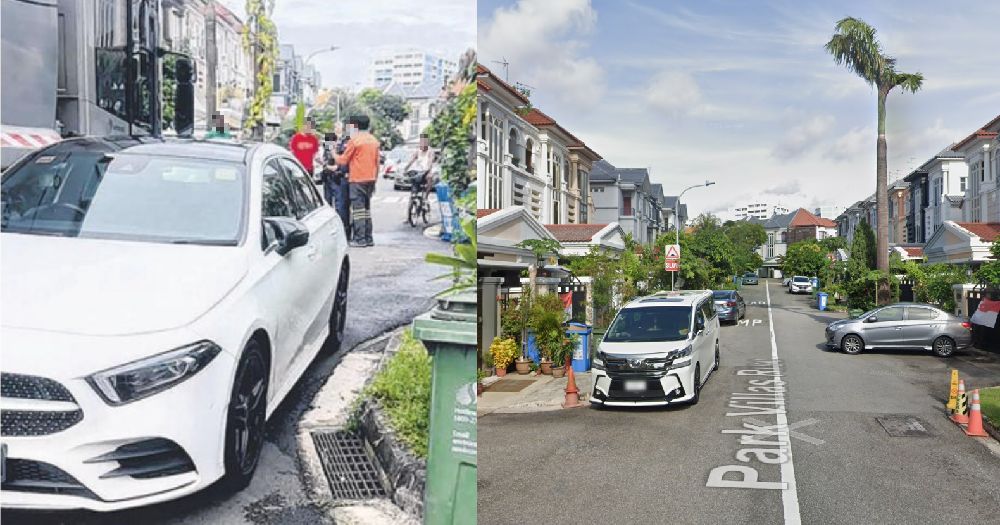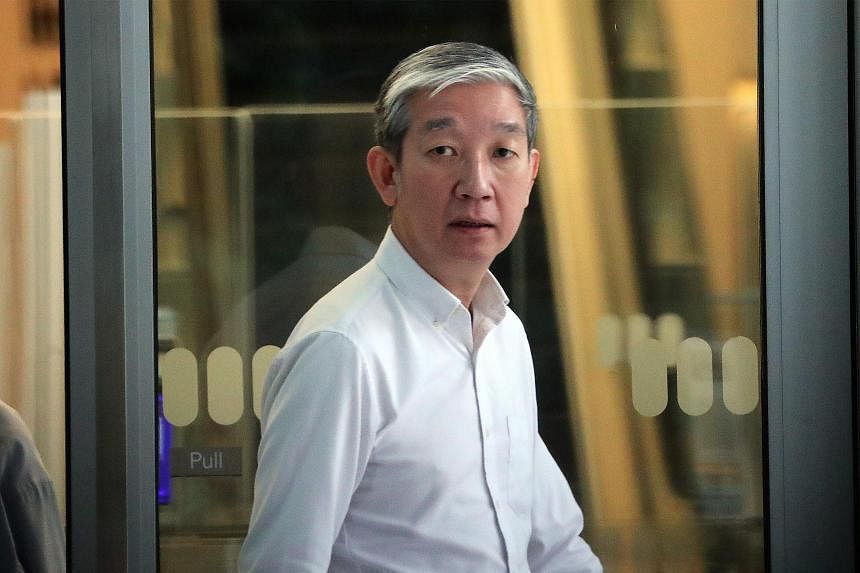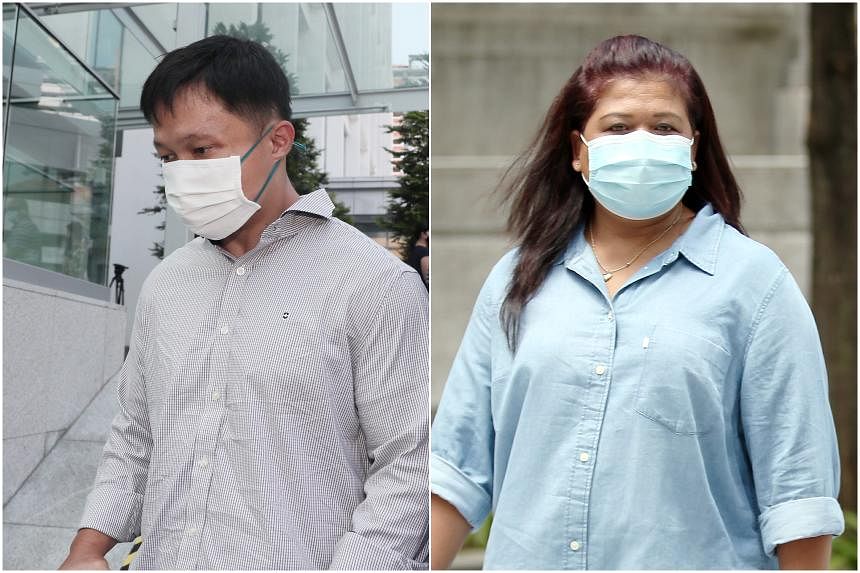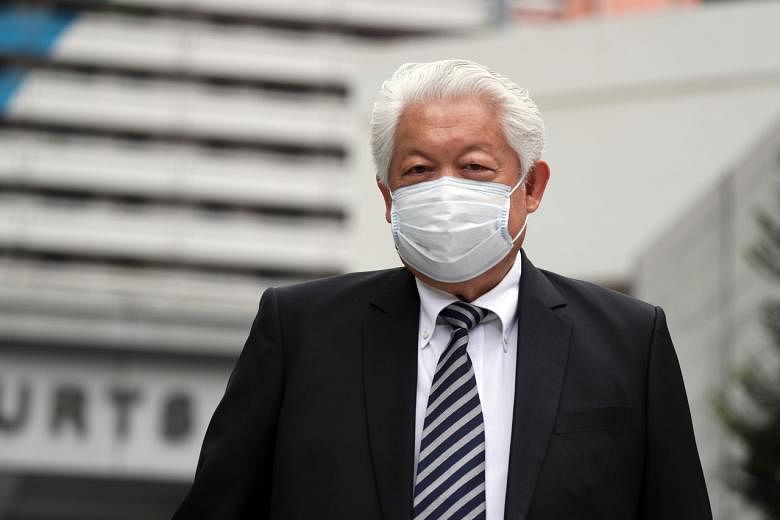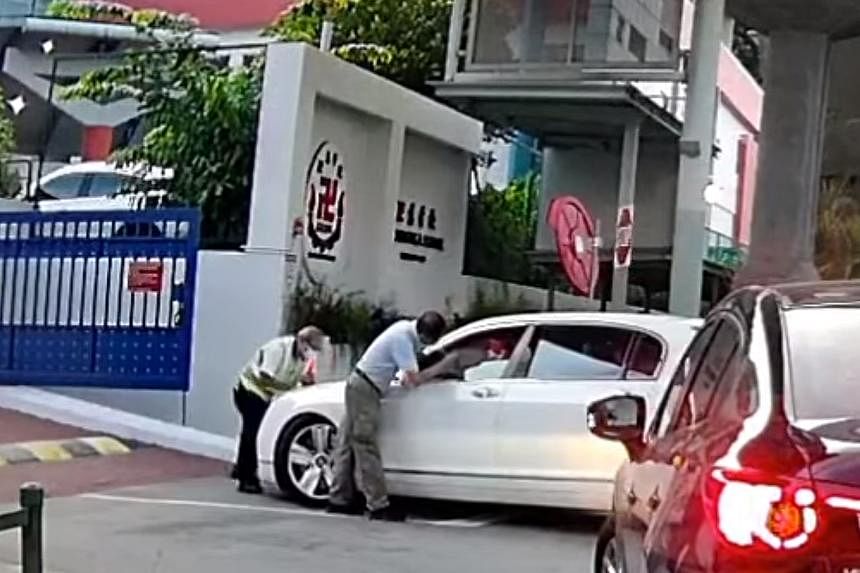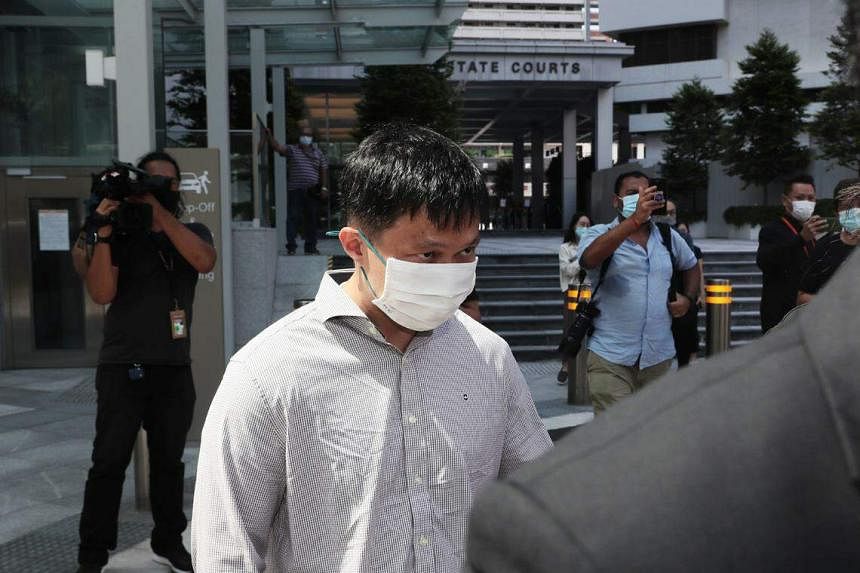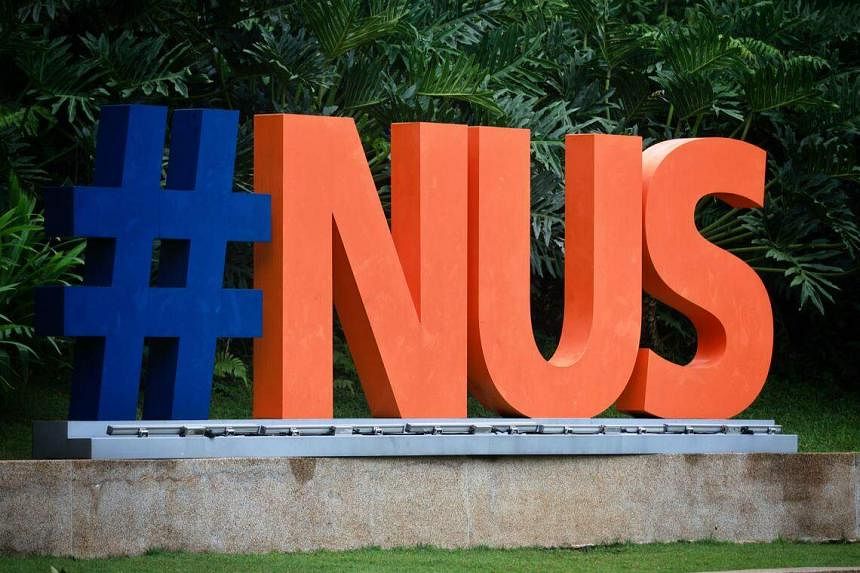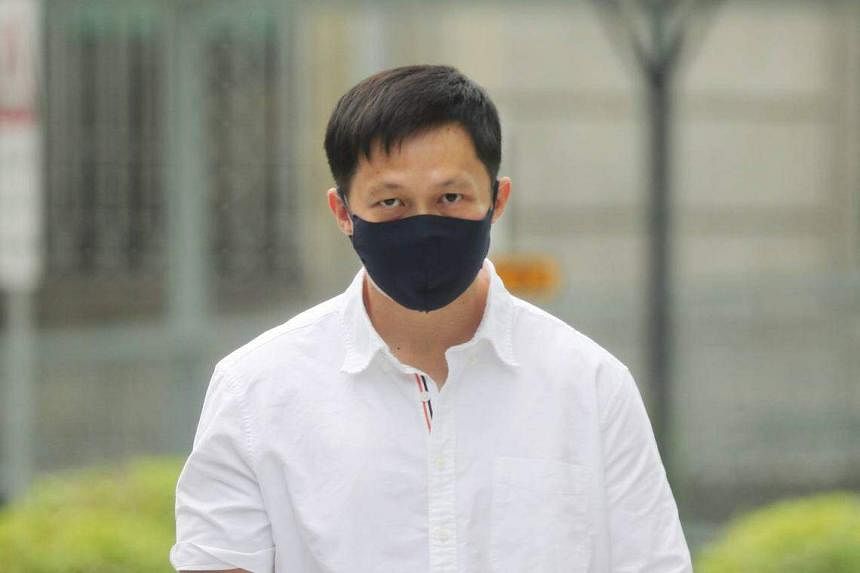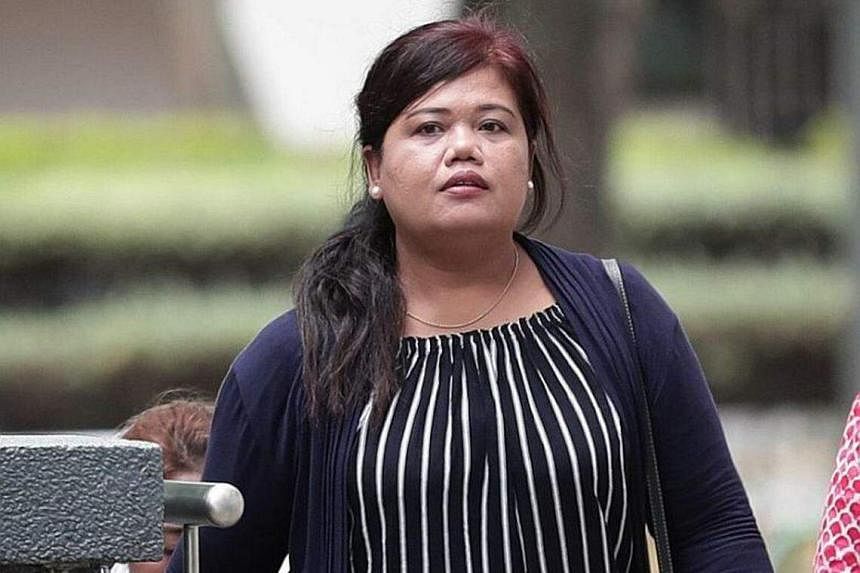- Joined
- Jul 25, 2008
- Messages
- 15,293
- Points
- 113
Lawyer and MP Christopher de Souza found guilty of professional misconduct, denies charge
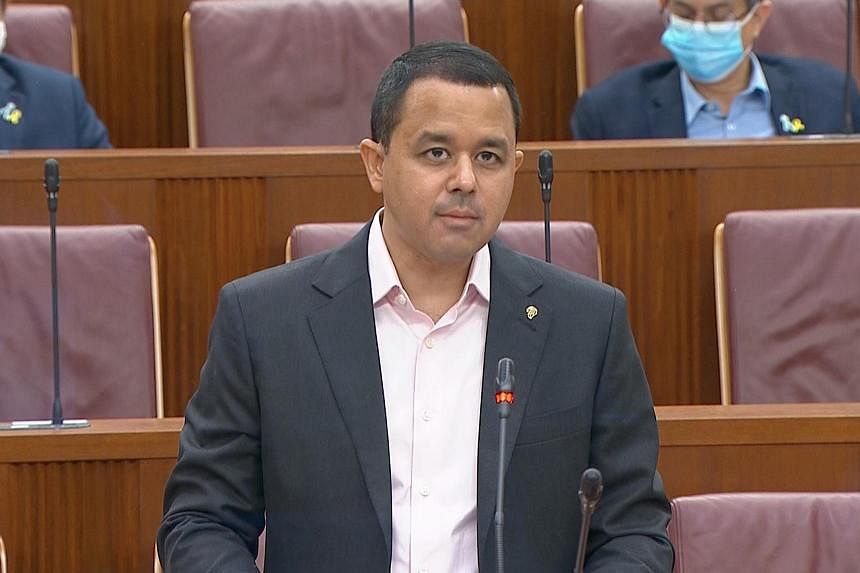
The tribunal found there was cause of sufficient gravity for Mr Christopher de Souza to face disciplinary sanction before the Court of Three Judges. PHOTO: GOV.SG

Selina Lum
Senior Law Correspondent
DEC 7, 2022
SINGAPORE - Lawyer Christopher de Souza has been found guilty of professional misconduct by a disciplinary tribunal.
Mr de Souza, who is the current Deputy Speaker of Parliament and an MP for Holland-Bukit Timah GRC, was found guilty of a charge relating to his conduct while he was acting for his clients, Amber Compounding Pharmacy and Amber Laboratories.
The tribunal found that Mr de Souza had not made full and frank disclosure to the court when he was aware that his client had breached the conditions of a search order.
In fact, he helped his client prepare and file an affidavit that did not exhibit certain documents which would have revealed that Amber had breached its undertaking.
The case centred on Amber obtaining certain documents through a search order in 2018.
Amber filed a High Court suit on Feb 14, 2018, against its former employee and the new company she had set up for allegedly stealing its trade secrets.
Initially represented by law firm Dodwell & Co, Amber obtained a search order on April 13, 2018, against the defendants, subject to an undertaking that Amber was not to use the documents without further order.
On April 17, 2018, a total of 116,298 documents were seized.
Between July 31 and Oct 22 in 2018, Amber used 10 of the documents to make reports to the police, the Manpower Ministry and the Corrupt Practices Investigation Bureau against the defendants.
This breached its undertaking not to use the documents.
Amber approached law firm Lee & Lee on Nov 28, 2018, to act for it in relation to the criminal complaints against the defendants while Dodwell & Co continued with the suit.
Mr de Souza, a partner at Lee & Lee, knew by Dec 5, 2018, that the documents had been used by Amber. He and his firm took over the suit on Dec 14.
Despite this, he helped a representative of Amber, Mr Samuel Sudesh Thaddaeus, file an affidavit on Jan 28, 2019, which did not reveal the breaches.
“The crux of the matter is what the respondent should have done upon discovery of the use of the documents and information by Amber, and specifically whether he should have informed the court and opposing counsel of the breach of the undertakings,” said the disciplinary tribunal.
In its report published on Monday, the two-member tribunal, comprising Senior Counsel N. Sreenivasan and Mr Pradeep Pillai, said Mr de Souza knew there was a duty to disclose the prior use of the documents.
“We are of the view that the failure to make such full and frank disclosure amounted to suppression of evidence by Amber, and by filing the supporting affidavit, the respondent was a party to and assisted in such suppression,” said the tribunal.
It found that there was cause of sufficient gravity for Mr de Souza to face disciplinary sanction before the Court of Three Judges on one of the five charges brought against him by the Law Society.
The tribunal dismissed the other four charges.
The Court of Three Judges, which is the highest disciplinary body for the legal profession, has the power to suspend or disbar lawyers.
When contacted for comment, Mr de Souza’s lawyers from WongPartnership said: “There is no question that Mr de Souza had acted with utmost integrity in the conduct of this matter at all times. Four of the five charges were dismissed.
“As regards the remaining charge, this is a matter now before the Court of Three Judges, and it is not appropriate for us to comment on the merits at this juncture. Suffice to say that we will strenuously resist it and argue that it too should be dismissed.”
The People’s Action Party said in a statement on Tuesday that it will determine the course of action necessary after the court gives its verdict.
“Mr de Souza has informed us that he denies any wrongdoing. He will argue his case on the one charge, on appeal before the Court of Three Judges,” said the party.
It added that integrity, honesty and incorruptibility are fundamental to the party, and that it expects all MPs to uphold the highest standards.
The disciplinary proceedings arose from a letter dated Sept 9, 2020, issued on behalf of the Court of Appeal, by the deputy registrar of the Supreme Court, to the Law Society of Singapore.
The complaint was referred to an independent inquiry committee, which was convened on Jan 13, 2021.
The inquiry committee found that Mr de Souza had breached his paramount duty to the court, which may be deemed misconduct under the Legal Profession Act, and recommended that he be fined $2,000.
The committee did not form the view that a formal investigation by a disciplinary tribunal was necessary.
The Law Society council disagreed with the findings of the inquiry committee and applied on Nov 5, 2021, to Chief Justice Sundaresh Menon for the appointment of a disciplinary tribunal.
This tribunal was appointed by the Chief Justice to hear and investigate the matter on Nov 19, 2021.
Over five days between April 6 and April 12, 2022, the tribunal heard oral testimony. Closing submissions were made on Aug 29.
The tribunal found sufficient cause in only one of the five charges that the Law Society brought against Mr de Souza.
The tribunal accepted that Mr de Souza had tried to persuade the client to make full disclosure. But the lawyer’s own failure to make such disclosure was not exculpated by the conduct of the client, it said.
“We appreciate that it is hardest for a legal practitioner to do his duty when the client is difficult. But it is in such circumstances that the legal practitioner must cleave to his or her duties to the court.”

